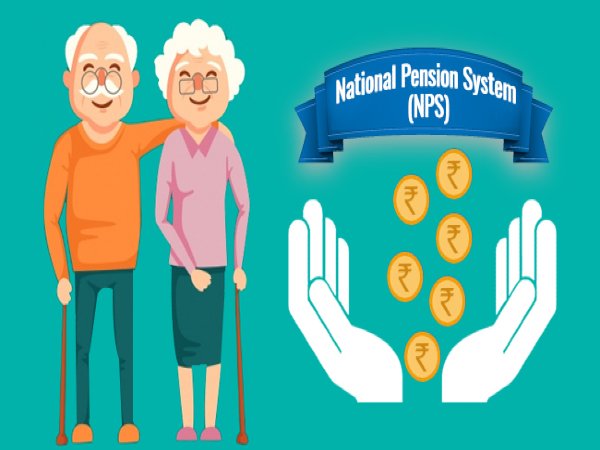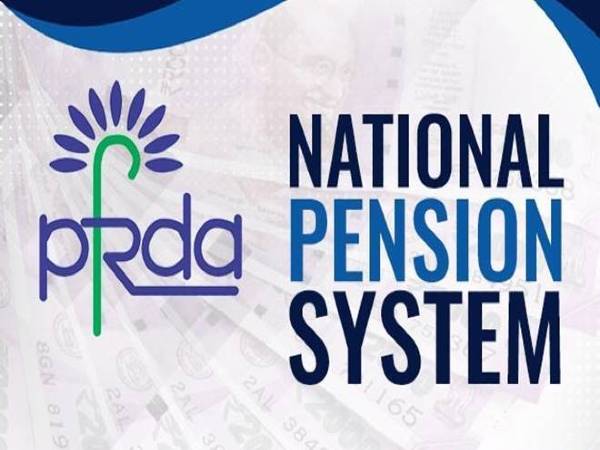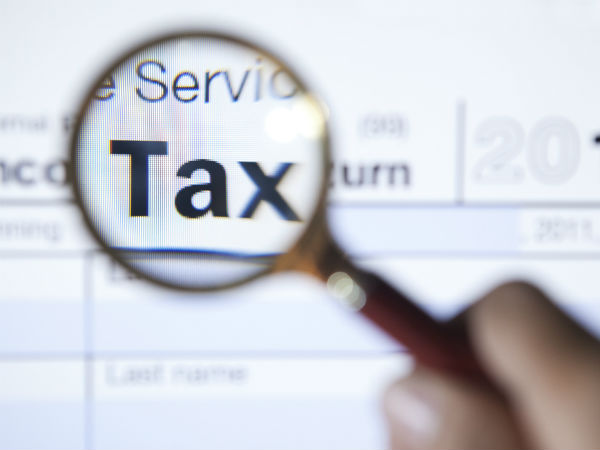Budget 2023 Expectation: Will Govt Hike NPS Contribution to 14% for Private Sector Employees?
The National Pension System (NPS) is a voluntary retirement savings scheme established by the government in 2004 and governed by the Pension Fund Regulatory and Development Authority (PFRDA). As Budget 2023 approaches, the salaried class anticipates major announcements that will reduce the tax burden. The National Pension Scheme, or NPS, is one such scheme where taxpayers are hoping for a change.

What is the National Pension Scheme (NPS)?
NPS is a voluntary contribution retirement savings scheme that enables subscribers to make the best decisions for their future by making systematic savings throughout their working lives. The scheme aims to instil in citizens the habit of saving for retirement. It is a long-term solution to the problem of providing an adequate retirement income to every Indian citizen.

Who can open a NPS account?
A resident or non-resident Indian citizen subject to the following conditions: The applicant must be between the ages of 18 and 70 at the time of application submission and must meet the KYC requirements.

Benefits
- Fees for administrative services and fund management are reasonable.
- Applicants need to open an account with any of the Post Office Protocol (POP) services offered by all Head Post Offices in India and obtain a Permanent Retirement Account Number.
- Applicants can select their own investment option and Pension Fund, or they can choose Auto Choice for better returns.
- Applicants can operate an account from anywhere in the country and pay contributions through any of the POP-SPs, regardless of the POP-SP branch with which they are registered, even if they change city, job, etc., and they can also pay contributions through eNPS. If the subscriber is hired, the account can be transferred to another sector such as government or corporate.

Tax Benefits
- Employee contributions to NPS Tier I are tax deductible under section 80 CCD (1) of the Income Tax Act upto Rs. 1.50 lakh under section 80 C. From fiscal year 2015-16, the subscriber is eligible for a tax deduction in addition to the deduction allowed under section 80CCD(1) for contributions to NPS Tier I accounts, up to a maximum deduction of Rs. 50,000 under section 80CCD1(B).
- Employer contributions to NPS Tier-I are tax deductible under Income Tax Act Section 80CCD (2) (14% of salary for central government employees and 10% for others). This rebate is in addition to the limit set forth in Section 80C.
- An interim/partial withdrawal of up to 25% of the subscriber's NPS Tier-I contributions is tax-free.
- As of 1.4.2019, lump sum withdrawals from NPS Tier-I of up to 60% of total pension wealth are tax exempt at the time of superannuation.
- A minimum of 40% of the amount spent on an annuity purchased from an Annuity Service Provider registered and regulated by the Insurance Regulatory and Development Authority (IRDA) and empanelled by PFRDA is also tax exempt.

Expectations from Budget 2023
Prior to Budget 2022, only central government employees were eligible for the enhanced deduction on employer contributions to NPS of 14% of basic salary under section 80CCD (2) of the Income-tax Act. However, the Budget 2022 specifically stated that such increased deductions would be extended to state government employees as well. However, there has been no similar increase in the deduction limit for private sector employees. As a result, private sector employees can only claim a deduction of up to 10% of their salary for contributions made to NPS.
A different deduction rate for government and private employees results in unequal treatment. As a result, private-sector employees may be less motivated to choose NPS as a retirement investment option. As a result, the government should increase the deduction under section 80CCD(2) of the Income-tax Act for private sector employees from 10% to 14%, bringing them on par with Central and State government employees.This would not only allow private-sector employees to benefit from NPS, but would also encourage them to contribute to social security. Increasing the limit will also encourage citizens to save for retirement, resulting in the accumulation of long-term corpus for retirement.































